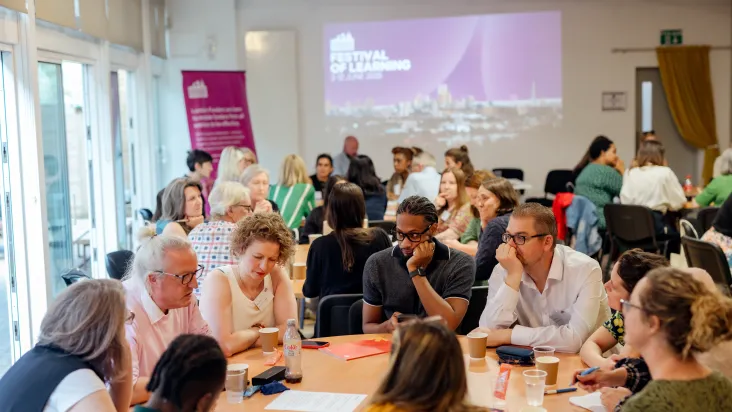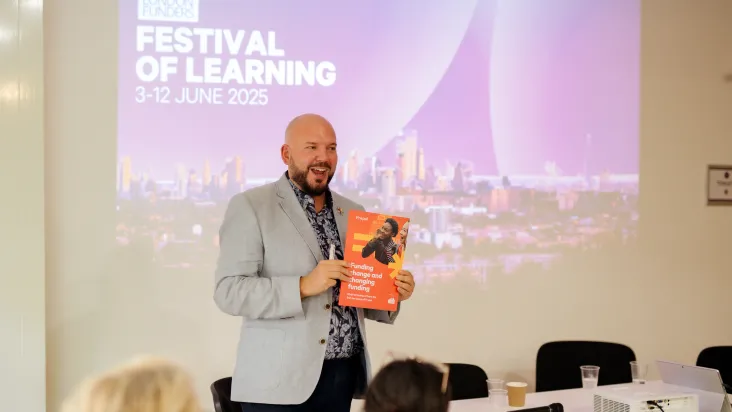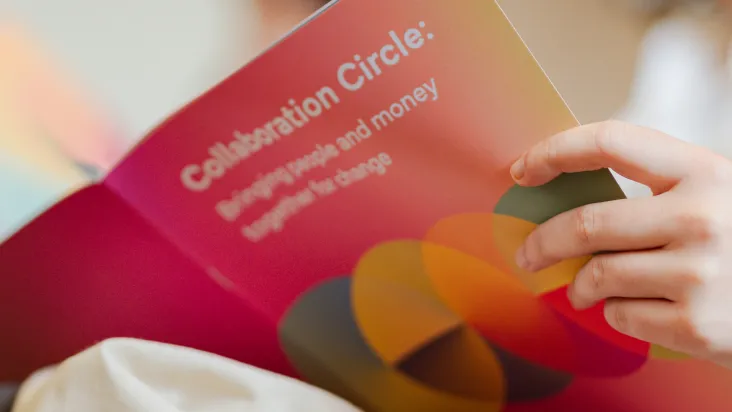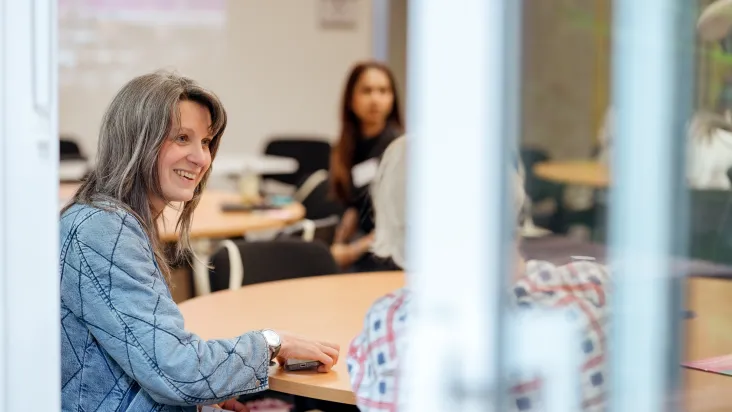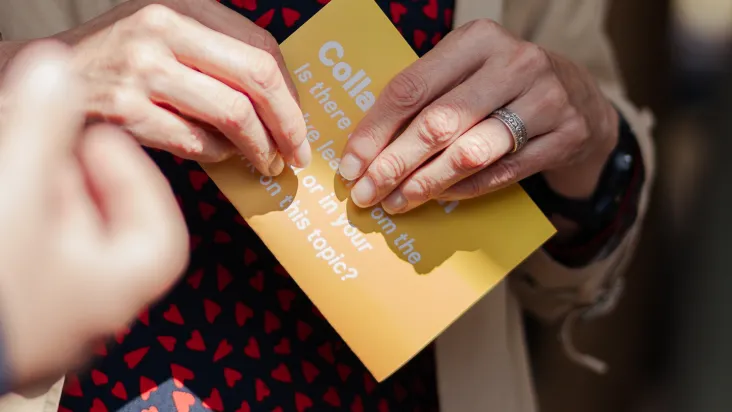In June 2025, over 600 people from more than 100 funding organisations gathered for London Funders’ annual Festival of Learning. Over eight days, we explored how funders can work differently - more collaboratively, more equitably, and more effectively - for our communities.
This site brings together key insights from the Festival, from what funders are learning about collaboration to how we sustain systems change and embed participatory practices in public agencies (and much more). Here, you’ll find:
- Learning summaries from some of the themes explored during the Festival, capturing the ideas, challenges, and provocations shared.
- Reflections from funders and changemakers who hosted sessions.
- Videos from some of the online sessions we hosted, offering a chance to revisit powerful conversations.
Whether you joined us in June or are exploring the Festival for the first time, we hope this space sparks new thinking and supports your work as a funder.
-
We've also found that funders' own processes and cultures can be the biggest blocker of collaboration and 'braver' work. How can we be more agile as funders and have the courage to step out of our comfort zone?
-
For us, participation is about building collective power – not just extracting insights
-
Failing is a good thing because you learn that you need to do something slightly different, or everything you do won't be perfect straight off, and never should it be.
-
There is a duty of care that funders have towards organisations in this time of heightened threat and the rise of the far right, where we can use mechanisms like pooled funding to respond to need, but we also have to have longer-term structural conversations
-
No matter how compelling the external landscape is or what the appetite is, internal processes will always be one of the biggest blockers to effective collaborations
-
Infrastructure isn’t just about buildings or systems - it’s about people, relationships, wellbeing, and community leadership
-
Sometimes the biggest challenges around co-design are the actual systems and structures that prevent us from doing this work as equitably as we should be able to do. We need to have longer cycles of funding and commissioning
